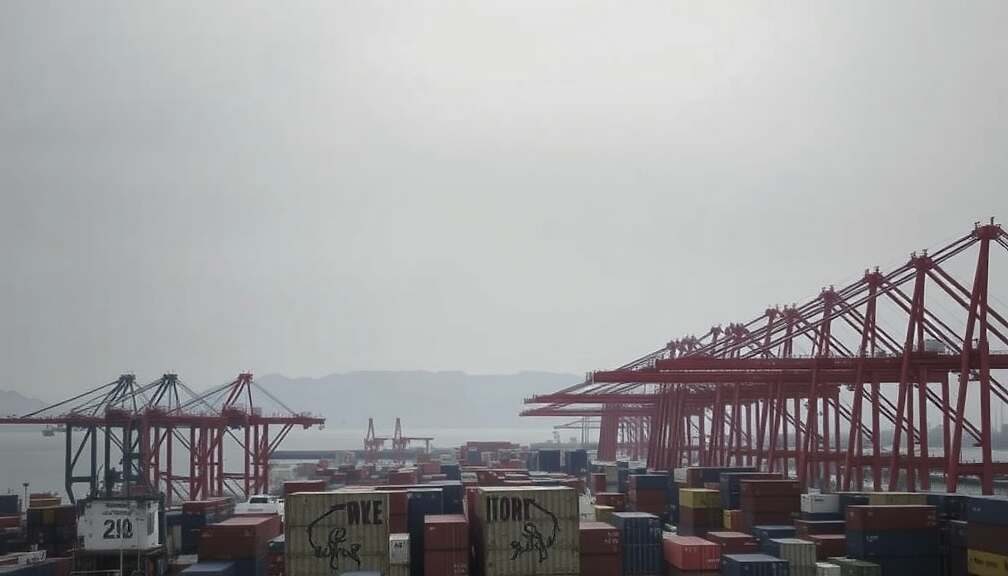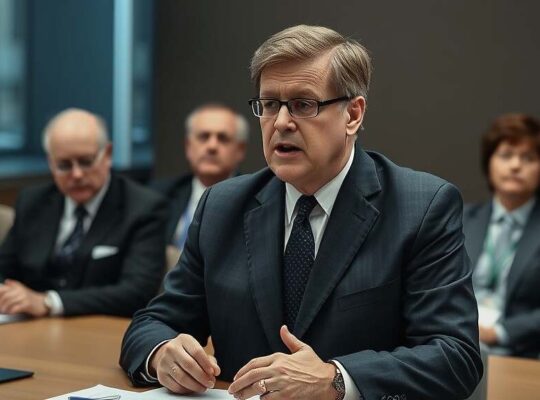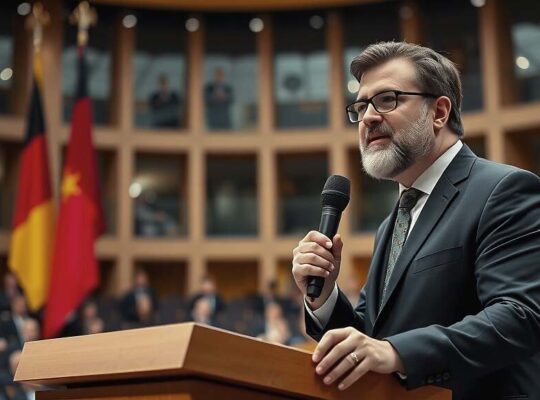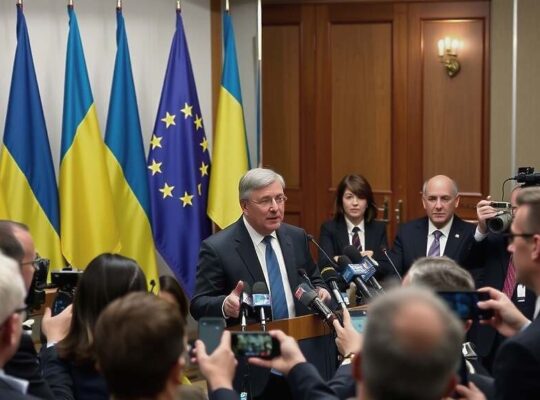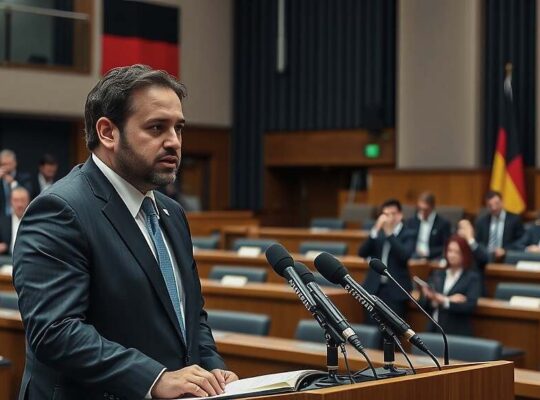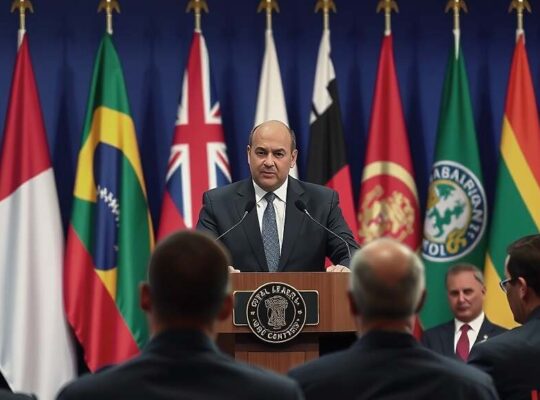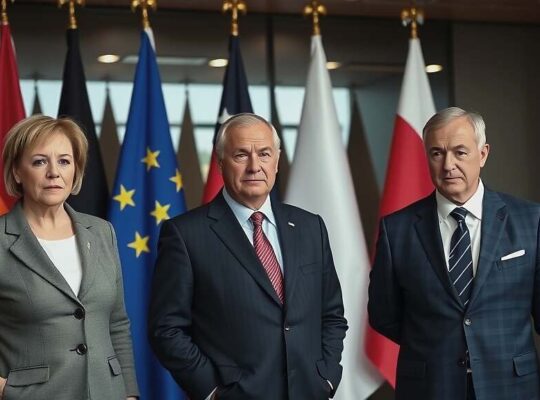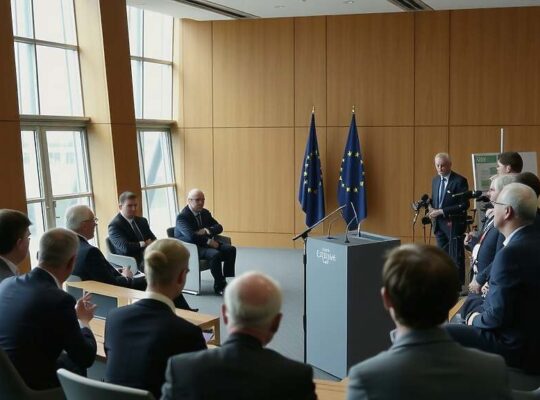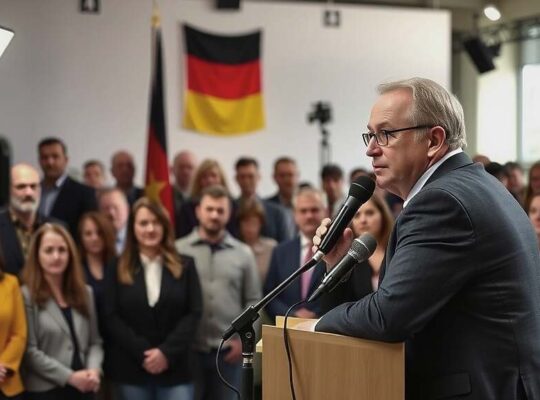NATO Secretary General Mark Rutte has asserted that U.S. sanctions against Russian oil firms are demonstrably impacting Moscow’s financial stability, creating a new layer of pressure on the Kremlin and potentially fueling internal dissent. In an interview with the German “Redaktionsnetzwerk Deutschland” and El Pais, Rutte highlighted the far-reaching consequences of sanctions initially targeted at Rosneft and Lukoil, noting their ripple effect on trading partners like China and India, who are now increasingly wary of incurring U.S. penalties.
Rutte directly linked the evolving economic situation to recent Russian media reports suggesting that Moscow is contemplating tax increases to compensate for dwindling oil revenues – a clear indication, he argued, of the escalating strain on the Russian economy. “When Putin reaches a point where he needs to raise taxes, that says a lot about the situation in Russia” he stated, emphasizing the tangible impact of the war in Ukraine on the daily lives of Russian citizens.
The Secretary General expressed a firm belief that the economic repercussions will ultimately extend beyond the general populace, directly impacting the elite in Moscow. He predicted an increasing likelihood of dissenting voices within the Kremlin, with influential figures potentially challenging President Putin’s policies due to the deteriorating economic outlook. “I have no doubt that the war will eventually reach the elites in Moscow” Rutte suggested, implying a future scenario where powerful figures will question Putin’s leadership and the sustainability of the ongoing conflict. The implied pressure from within Russia could significantly alter the calculus of the war and the Kremlin’s political landscape.


